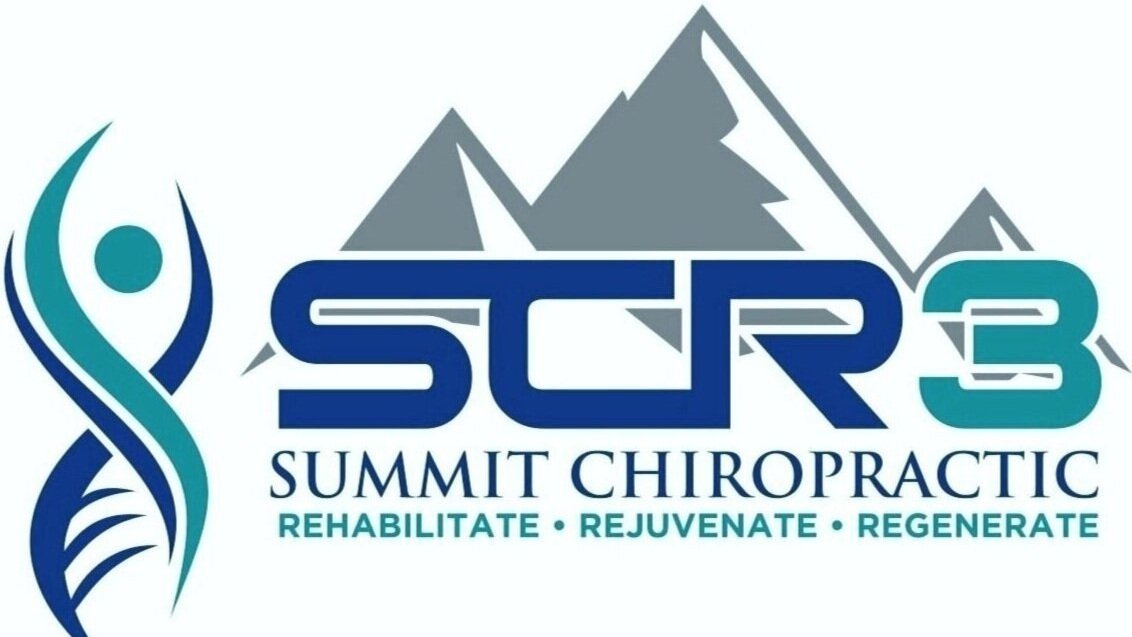Disc Herniations Explained
Disc herniations are one of the leading causes of neck and back pain, which can affect every aspect of your life and daily routine. From getting dressed to sitting at a desk to lifting weights, if a herniated disc is compromising your activities, there’s hope.
While disc herniations may sound pretty intimidating, understanding what they are and how you can get them under control will help should you find yourself with the condition.
This post goes over the following:
What disc herniations are
Causes of disc herniations
How you can help avoid a herniated disc
Chiropractic solutions for disc herniations
And more
Don’t wonder about disc herniations; read on to learn all about them.
What is a Herniated Disc?
The spine is a complex structure that starts near the buttocks and runs up the back and into the neck. There are three moveable sections of the spine: the lumbar (in the lower back), thoracic (in the mid back), and cervical (in the neck).
Each section of the spine has several vertebrae (bones) stacked on each other, and each vertebra is separated by a cushioning disc. These discs are what give the spine flexibility and movement.
The spinal discs have a gel-like center, enveloped by a harder casing. When the center ruptures through its casing, the disc has become herniated.
Symptoms of disc herniation include:
Pain on one side of the body
Pain in the arm, back, leg, or foot
Muscle weakness or spasms
Burning or tingling sensation
Numbness
Stiffness
Common Reasons for a Herniated Disc
Whether you play professional football or sit at a computer and design games all day long, you’re putting pressure on the back and spine. The pressure can lead to a disc herniation and cause discomfort.
Events that may cause a herniated disc include:
Traumatic and sudden events, such as a car or sports accident
Improper lifting technique
Sedentary lifestyle
Poor posture, movement patterns, or workstation setup
Overuse injury, such as for occupation or athletics
Aging or regular wear and tear
If not correctly cared for, disc herniations can cause other conditions and discomforts in the body.
Conditions and symptoms related to disc herniation:
Inflammation, sprains, and strains
Loss of mobility and flexibility
These injuries and pain points can be effectively and safely treated with chiropractic care. It’s always best to visit your local chiropractor at the first signs of pain to help avoid further discomfort.
Visit Our Dillon Chiropractic Clinic for Herniated Disc Treatment
Taking care of your body proactively is always the most responsible way to treat yourself. While you can’t ever fully avoid injuries and pain, a strong, healthy physical state can help you handle injuries better and recover faster.
Tips to help prevent herniated discs include:
Ensure you adhere to proper movements, posture, and lifting techniques
Exercise and stretch regularly
Keep your core strong
Don’t push through pain
Allow your body time to rest and restore
Massage the back to help with circulation and remove pressures
If you are experiencing back pain, our team can provide chiropractic services that find the cause of your discomfort so we can design a meticulous healing strategy.
Chiropractic solutions to help heal disc herniations include:
Manual and soft tissue therapies
And others
Don’t let a herniated disc intimidate you; get the safe, non-invasive care your body needs, and you’ll be back to living pain-free and actively before you know it. Our Dillon chiropractic clinic has helped numerous patients with disc herniation, and we’re confident we can help you, too.

